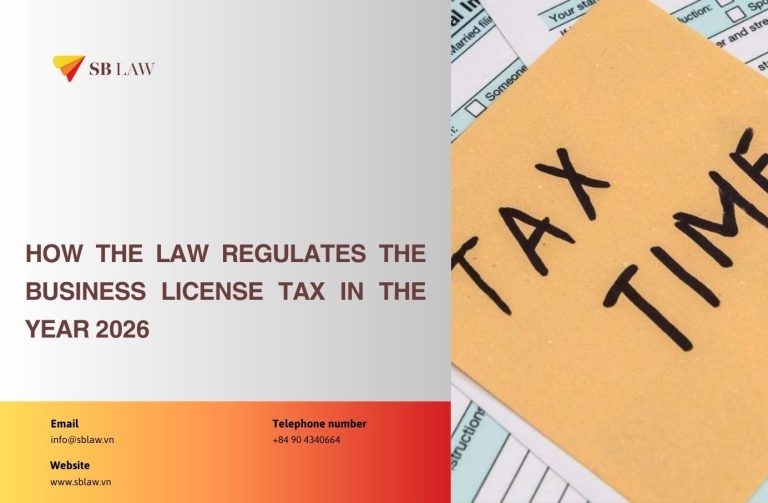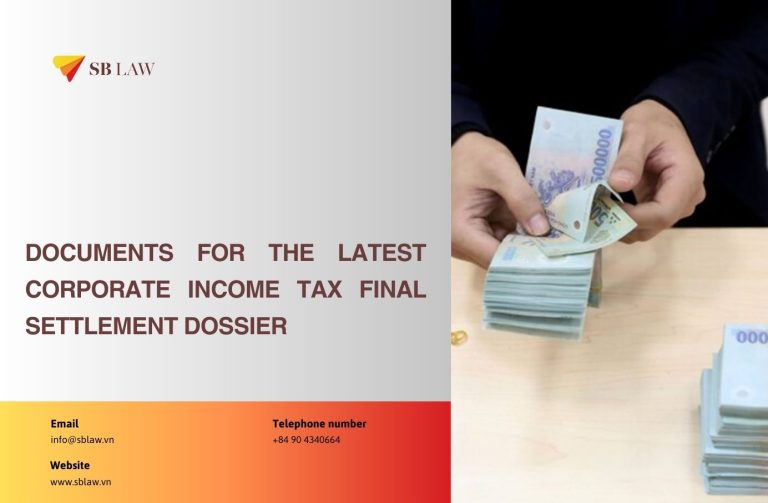On 26 March the government promulgated Decree No.30/2021/ND-CP to amend a previous decree implementing the Law on Housing 2014. Lawyer Nguyen Thanh Ha from SBLaw points out the impact of this decree on developers.
Decree 30 was revised based on the opinions of experts, consultants, and developers and improved much compared to theprevious Decree No.99/2015/ND-CP.
The drafting agency of the decree, the Ministry of Construction, has identified and solved problems that would create a more coherent corridor for the real estate market, and at the same time create conditions to support developers with a better situation to do business in the context of struggling during theCOVID-19 pandemic.
Decree 30 has clearly regulated the choice of developers for constructing residential projects.
According to that, a developer shall be selected to carry out a residential project if it has the requisite real estate business line and financial capabilities. Developers must win the auction or competitive bidding to have the right to develop a project of commercial residences.
All other non-residential types of land will not be certified as the developers for residential projects.
Besides the aforementioned points, many other issues have also been ironed out in Decree 30, including the amendment and supplement of the procedure for handing over the maintenance fee fund from the developers to projects’ management board selection of developers for residential projects.
Other issues are the condition to be eligible for purchasing old houses owned by the state and how to appraise the price of the state-owned property.
Regarding the maintenance fee fund, the Law on Houses 2014 stipulates that buyers must pay 2 per cent of their unit’s value to this fund to the developer when they receive the unit. The project’s developers then must transfer this fund to the project’s management board within seven days of theboard beingformed.
Developers will be fined VND100-150 million ($4,300-6,500) if they delay the transference of management fees to the management board.
In Decree 30, the maintenance issue has been defined more clearly.Outside of the procedures for forcing developers to hand over the maintenance fee fund to the project’s management board, for developers who are intentionallykeeping this fee, their assets will be embargoed till the problem is solved.
Keeping a maintenance fee fund is one of the biggest concerns as it causes many conflicts
between developers and residents because the fee was often usedineffectively and for the wrong purposes againstresidents’ benefits.
The stricter management of maintenance fees is expectedto reduce conflicts which have been increasing in many residential projects nationwide.
Moreover, Decree 30 has pointed out the role and responsibility of competent bodies in forcing activities to hand over maintenance fees to the projects’management board, avoiding the prolonged abuse of the developers on this fund.
If the developers have no money left on their accounts, or their deposit is not enough for paying maintenance fee to the projects’ management board, the local Department of Construction is assigned to coordinate with police and competent bodies to double-check and define their assets. These assets, after that, will be taken to auction to collect money to subsidise thefee fund.
Competent bodies only report the houses, land, or other assets in value equivalent to the amount of maintenance fee and expenses covering for handing over activities and implementing the auction works.




